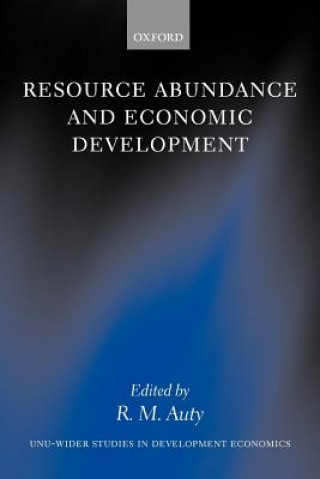
Kód: 04531353
Resource Abundance and Economic Development
Autor R. M. Auty
Since the 1960s the per capita incomes of the resource-poor countries have grown significantly faster than those of the resource-abundant countries. In fact, in recent years economic growth has been inversely proportional to the s ... celý popis
- Jazyk:
 Angličtina
Angličtina - Vazba: Brožovaná
- Počet stran: 360
Nakladatelství: Oxford University Press, 2004
- Více informací o knize

Mohlo by se vám také líbit
-
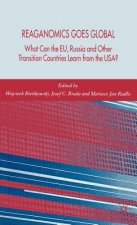
Reaganomics Goes Global
3313 Kč -

Football Hooligans
1579 Kč -

Stars in the Deepest Night
277 Kč -

GEORGE STACEY GIBSON
554 Kč -

Psalms and Hebrews
6572 Kč -

Wasted In Love
397 Kč -
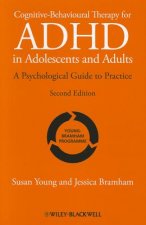
Cognitive-Behavioural Therapy for ADHD in Adoloscents and Adults - A Psychological Guide to Practice 2e
1813 Kč
Dárkový poukaz: Radost zaručena
- Darujte poukaz v libovolné hodnotě a my se postaráme o zbytek.
- Poukaz se vztahuje na celou naši nabídku.
- Elektronický poukaz vytisknete z e-mailu a můžete ihned darovat.
- Platnost poukazu je 12 měsíců od data vystavení.
Více informací o knize Resource Abundance and Economic Development
Nákupem získáte 397 bodů
 Anotace knihy
Anotace knihy
Since the 1960s the per capita incomes of the resource-poor countries have grown significantly faster than those of the resource-abundant countries. In fact, in recent years economic growth has been inversely proportional to the share of natural resource rents in GDP, so that the small mineral-driven economies have performed least well and the oil-driven economies worst of all. Yet the mineral-driven resource-rich economies have high growth potential because the mineral exports boost their capacity to invest and to import. "Resource Abundance and Economic Development" explains the disappointing performance of resource-abundant countries by extending the growth accounting framework to include natural and social capital. The resulting synthesis identifies two contrasting development trajectories: the competitive industrialization of the resource-poor countries and the staple trap of many resource-abundant countries. The resource-poor countries are less prone to policy failure than the resource-abundant countries because social pressures force the political state to align its interests with the majority poor and follow relatively prudent policies. Resource-abundant countries are more likely to engender political states in which vested interests vie to capture resource surpluses (rents) at the expense of policy coherence. A longer dependence on primary product exports also delays industrialization, heightens income inequality, and retards skill accumulation. Fears of 'Dutch disease' encourage efforts to force industrialization through trade policy to protect infant industry. The resulting slow-maturing manufacturing sector demands transfers from the primary sector that outstrip the natural resource rents and sap the competitiveness of the economy. The chapters in this collection draw upon historical analysis and models to show that a growth collapse is not the inevitable outcome of resource abundance and that policy counts. Malaysia, a rare example of successful resource-abundant development, is contrasted with Ghana, Bolivia, Saudi Arabia, Mexico, and Argentina, which all experienced a growth collapse. The book also explores policies for reviving collapsed economies with reference to Costa Rica, South Africa, Russia and Central Asia. It demonstrates the importance of initial conditions to successful economic reform.
 Parametry knihy
Parametry knihy
Zařazení knihy Knihy v angličtině Earth sciences, geography, environment, planning Geography Human geography
3969 Kč
- Plný název: Resource Abundance and Economic Development
- Autor: R. M. Auty
- Jazyk:
 Angličtina
Angličtina - Vazba: Brožovaná
- Počet stran: 360
- EAN: 9780199275786
- ISBN: 0199275785
- ID: 04531353
- Nakladatelství: Oxford University Press
- Hmotnost: 549 g
- Rozměry: 235 × 156 × 21 mm
- Datum vydání: 07. October 2004
Oblíbené z jiného soudku
-
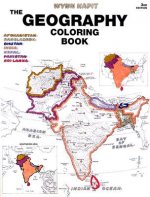
Geography Coloring Book
500 Kč -

Worth Dying for
276 Kč -
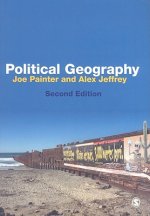
Political Geography
1135 Kč -

AQA Geography A Level & AS Human Geography Student Book - Updated 2020
1174 Kč -
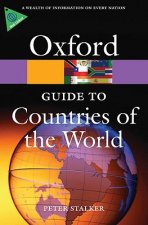
Guide to Countries of the World
379 Kč -
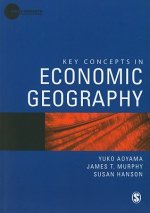
Key Concepts in Economic Geography
1057 Kč -
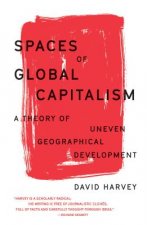
Spaces of Global Capitalism
366 Kč -
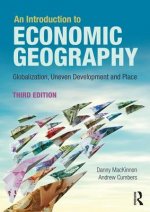
Introduction to Economic Geography
1926 Kč -
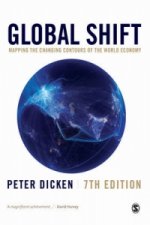
Global Shift
2097 Kč -

Analysis of Rachel Carson's Silent Spring
227 Kč -

Everything You Know About Planet Earth is Wrong
268 Kč -

Artivism
678 Kč -

Thinking Big Data in Geography
862 Kč -

Local and Regional Development
2456 Kč -

Ottomans and Eastern Europe
4940 Kč -
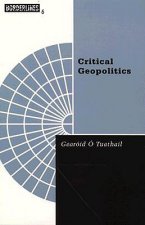
Critical Geopolitics
734 Kč -
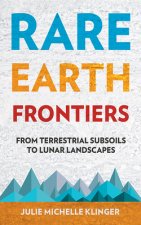
Rare Earth Frontiers
938 Kč -
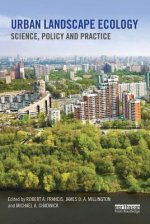
Urban Landscape Ecology
1543 Kč -
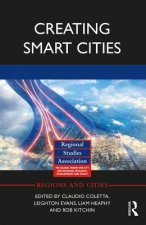
Creating Smart Cities
1611 Kč -

Swamplife
866 Kč -

Analysis of James E. Lovelock's Gaia
227 Kč -
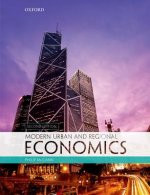
Modern Urban and Regional Economics
2545 Kč -

Blank Spots on the Map
516 Kč -
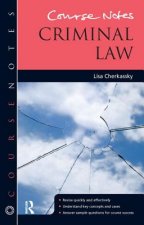
Course Notes: Criminal Law
1335 Kč -

Tell Me How it Ends
277 Kč -
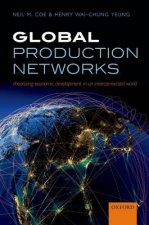
Global Production Networks
1489 Kč -

Achieving Sustainable Mobility
1774 Kč -

Elite Women and the Agricultural Landscape, 1700-1830
1659 Kč -
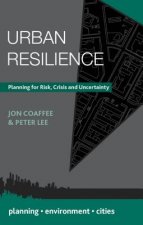
Urban Resilience
1644 Kč -
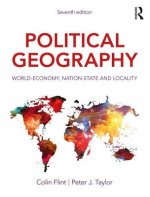
Political Geography
1891 Kč -

Assemblage Theory and Method
724 Kč -

Offshoring
588 Kč -

Environmental Security
1942 Kč -

Stadtgeographie
1010 Kč -

Bosnia and the Destruction of Cultural Heritage
5181 Kč -

Foundation Papers in Landscape Ecology
1966 Kč -
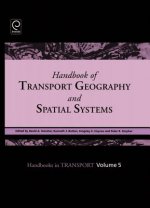
Handbook of Transport Geography and Spatial Systems
10168 Kč -
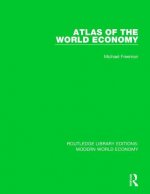
Atlas of the World Economy
1392 Kč -
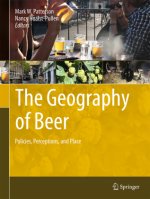
The Geography of Beer
4005 Kč -
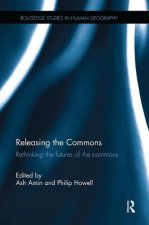
Releasing the Commons
1974 Kč -

Design in the Borderlands
2396 Kč -

Image and Environment
1701 Kč -

Venezuela
410 Kč -
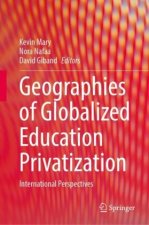
Geographies of Globalized Education Privatization
4204 Kč -
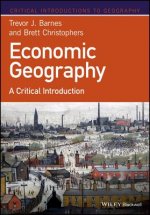
Economic Geography - A Critical Introduction
1054 Kč -
![System[theoretical]ic Urban Development System[theoretical]ic Urban Development](https://media.libris.to/jacket/43672921t.jpg)
System[theoretical]ic Urban Development
3017 Kč -

People and Place
1583 Kč -
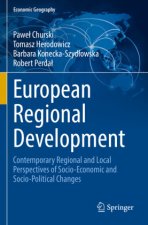
European Regional Development
3721 Kč -

Global Shift, Seventh Edition
2393 Kč
Osobní odběr Praha, Brno a 12903 dalších
Copyright ©2008-24 nejlevnejsi-knihy.cz Všechna práva vyhrazenaSoukromíCookies



 Vrácení do měsíce
Vrácení do měsíce 571 999 099 (8-15.30h)
571 999 099 (8-15.30h)